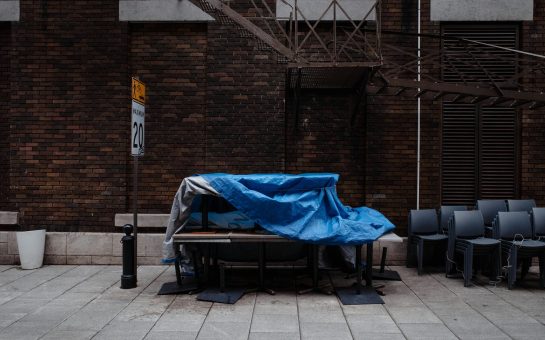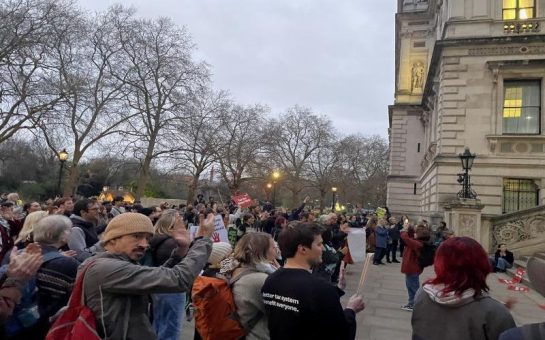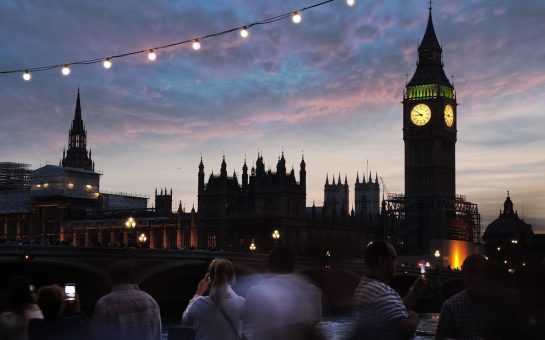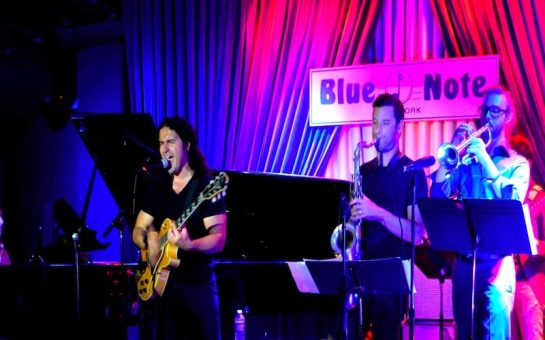Last Tuesday, #KilltheBill protesters gathered at Parliament Square, Westminster to protest the proposed Police, Crime, Sentencing and Courts Bill going through its second reading in the House of Commons that evening.
Many social justice groups were united in opposition to the Bill, including Black Lives Matter, Extinction Rebellion and those protesting women’s rights in the wake of the disappearance of Sarah Everard earlier this month.
The Police, Crime, Sentencing and Courts Bill, better known as the Policing Bill, aims to introduce reforms to the criminal justice system, including extending prison sentences for certain serious crimes, granting extra surveillance powers for monitoring those convicted of terrorism offences once they have been released from prison and extending powers to prosecute those accused of child sexual abuse offences.
However, parts of the Bill have drawn significant criticism for the powers they would grant police to clamp down on public protests.
Under the Bill, the police will be allowed to impose restrictions on protests they consider to be “causing public nuisance” or are noisy enough to cause “intimidation or harassment” or “serious unease, alarm or distress” to bystanders.
They will be able to impose noise limits, start and finish times and even apply these rules to one-person protests, as well as ban protests from Parliament Square itself.
Black Protest Legal Support (BPLS), who provided Legal Observers to advise protestors and gather evidence of arrests last Tuesday, said in a statement: “BPLS condemns the police’s continued, institutional violence against protesters and the Government’s attempts to erode our fundamental rights to free expression and assembly through the proposed Police, Crime, Sentencing and Courts Bill.
“BPLS firmly resists the narrowing space for civil disobedience, the attempted silencing of Black voices, and the chilling effect this will have on protest rights more broadly.”
The Bill passed its second reading in the House of Commons with 359 yes votes to 263 no votes.
It will now be scrutinised by a committee of MPs who will go through the Bill line by line and propose any amendments they see fit.
The fact the Bill passed its second reading did little to quell opposition to it.
#KillTheBill protests were held in Bristol on Sunday and Tuesday this week and both turned violent, resulting in 23 arrests across both nights and 21 police officers injured on Sunday alone.
The fact the Policing Bill will undergo committee scrutiny means there is yet a chance it will not pass into law in its current form.
However, the violent end to the protests in Bristol raises the question of whether they risk derailing the conversation around the right to protest and serve to reinforce the opinions of those proposing the Bill.
It is important to note that the majority of those protesting were engaged in peaceful protest but nevertheless the question remains: have the #KillTheBill protests made their point or have they simply made things worse?
Featured image: #KillTheBill protest, Parliament Square. credit Lisa Haseldine




